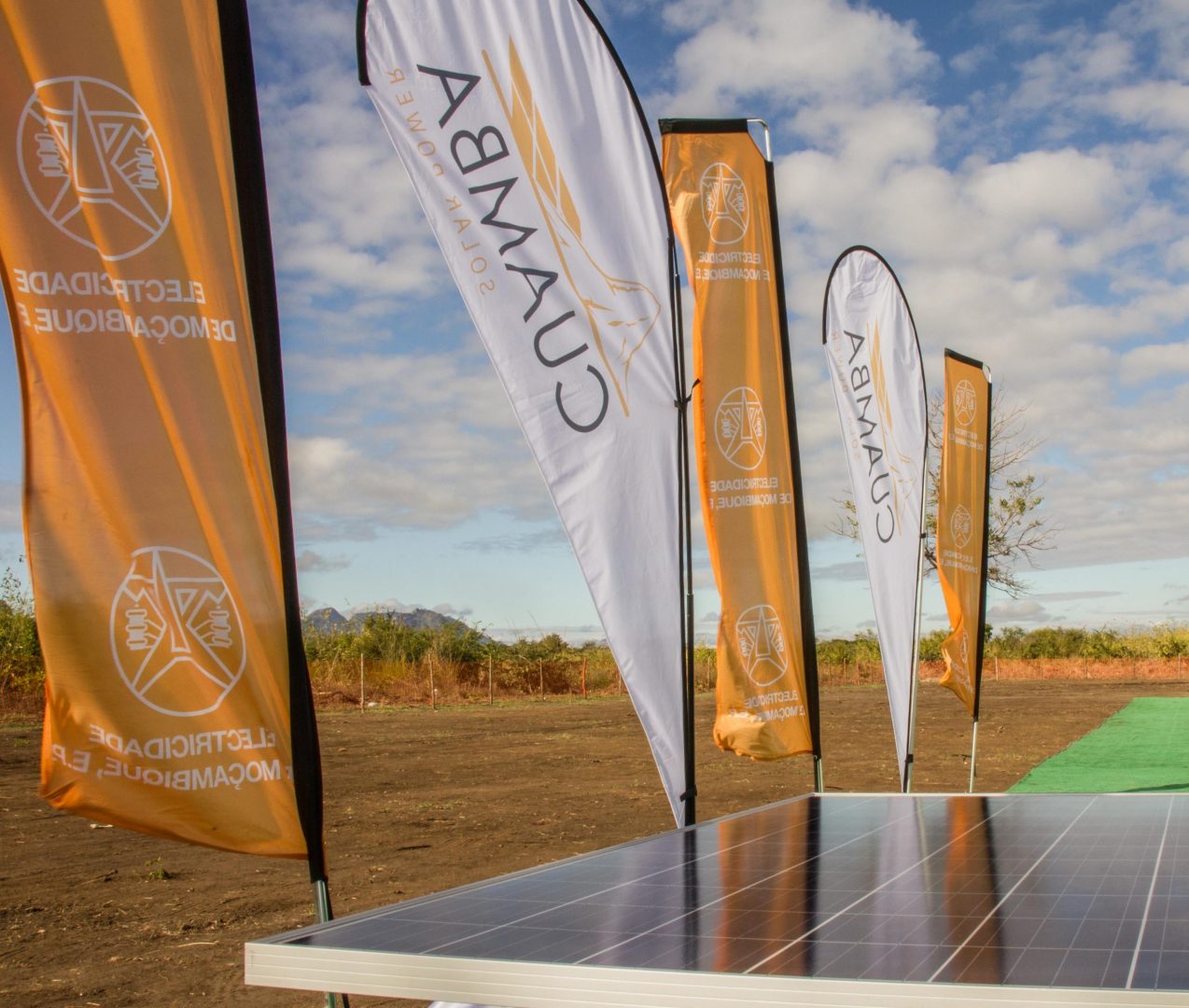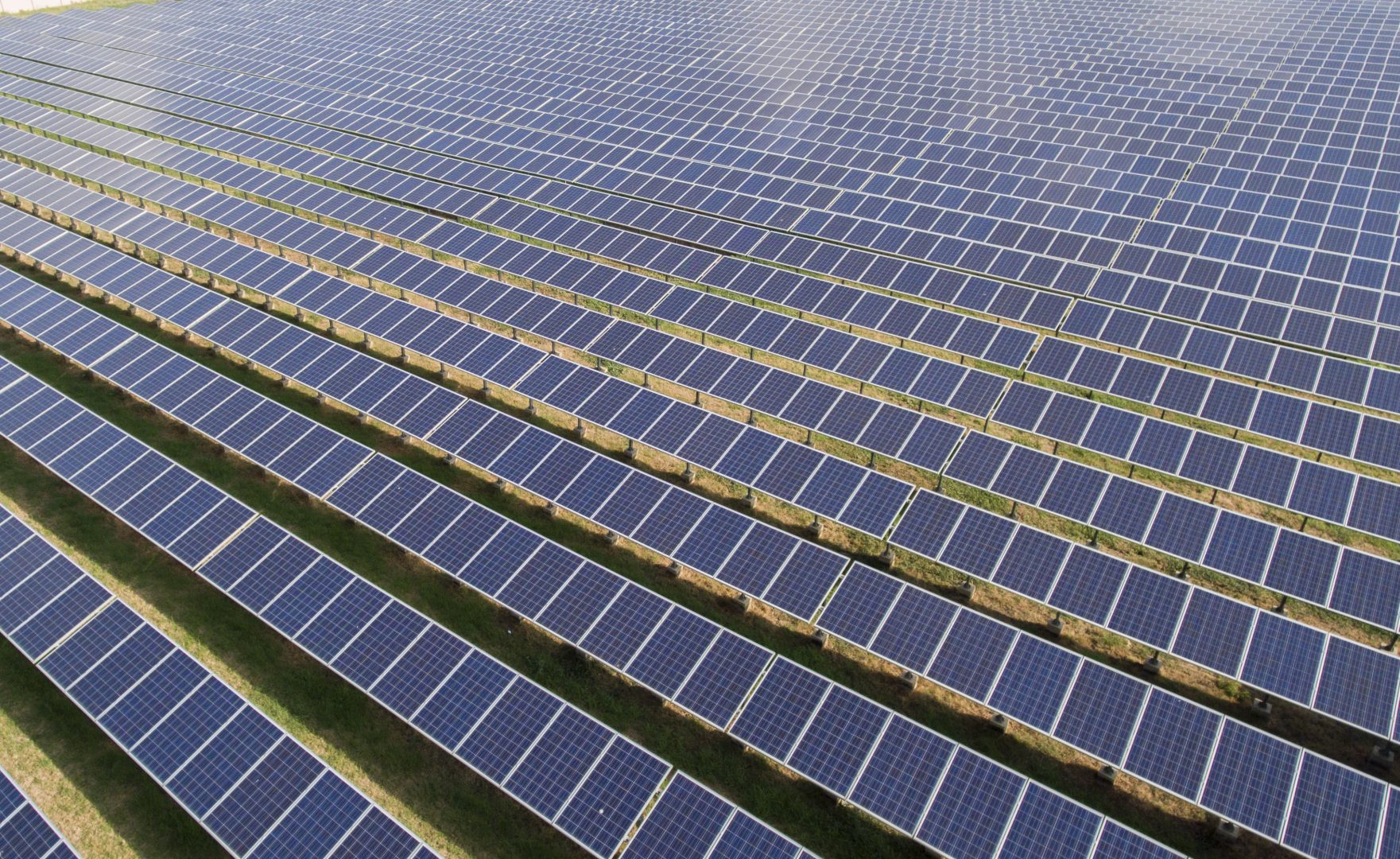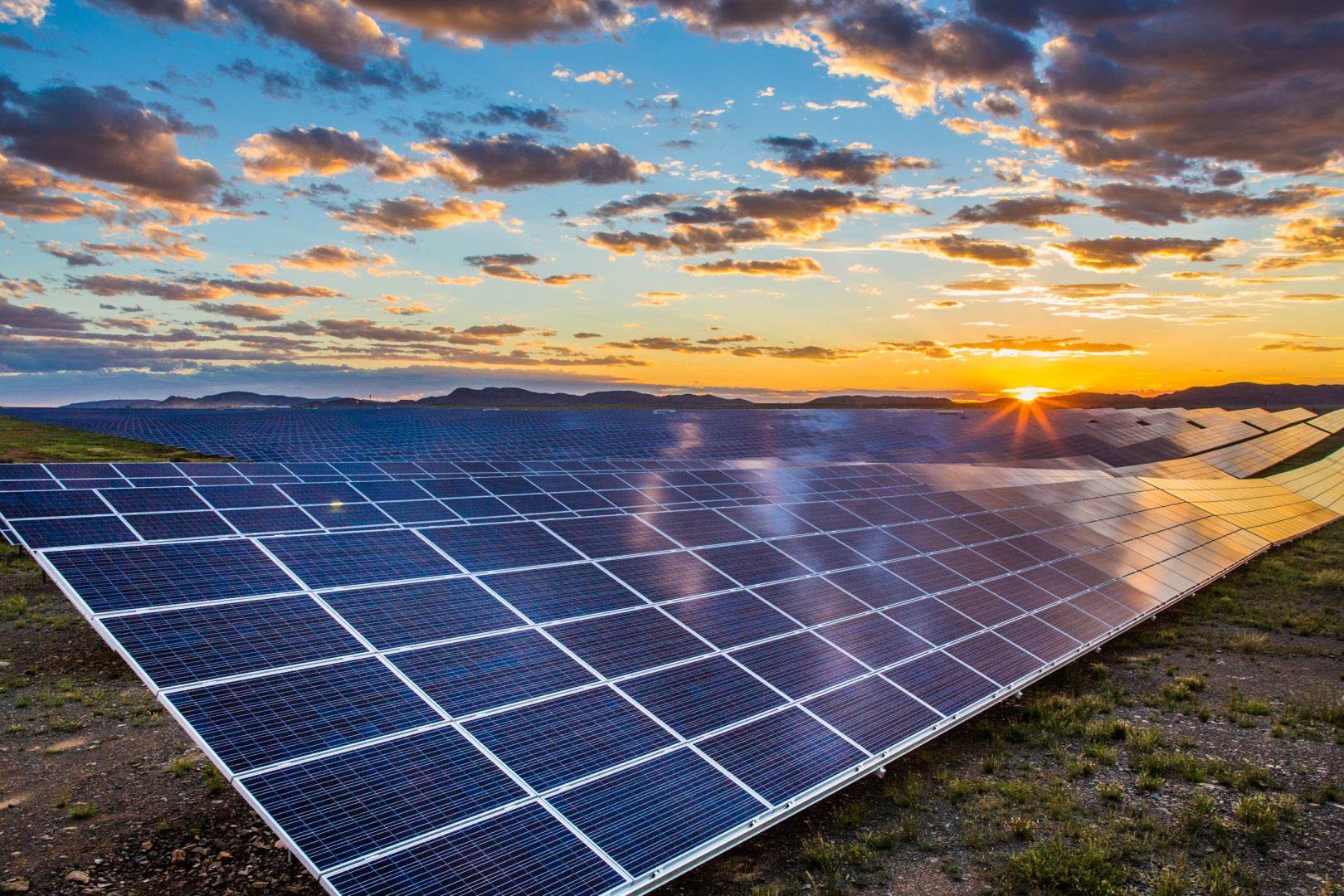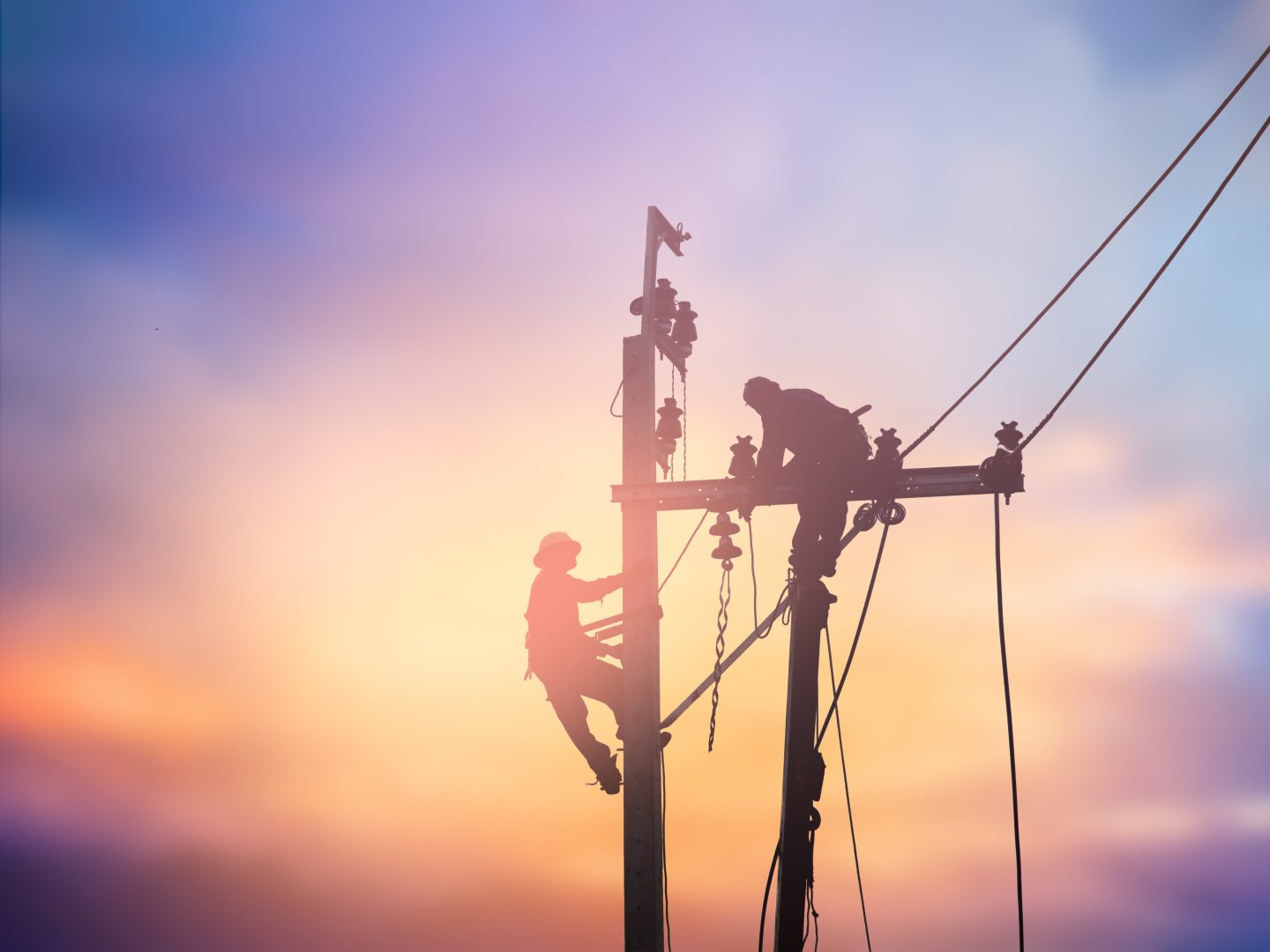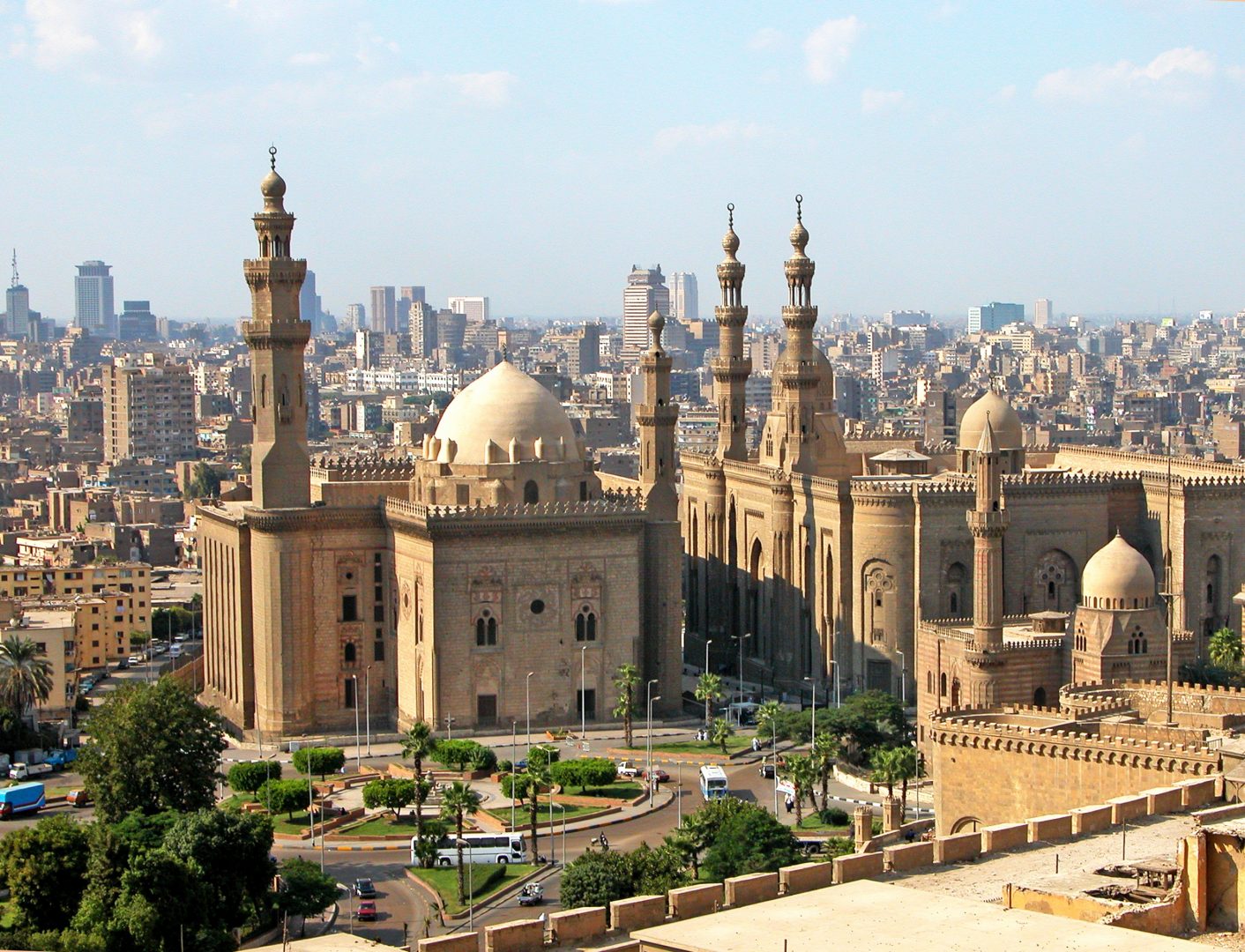US$97m loan to 800MW Nubian Suns project will help Egypt reach green energy targets and create jobs
An Egyptian solar power programme designed to help meet the country’s growing demand for energy has received a $97 million investment from CDC today.
CDC is part of an IFC-led syndicate providing the Nubian Suns project with a $653 million debt package that will fund the construction of 13 solar power plants near the Southern Egyptian city of Aswan. The plants are part of the larger Benban Solar Park, which, when complete, will be the largest solar power installation in the world with up to 1.8GW capacity and 32 solar plants.
The 800MW Nubian Suns project is backed by a syndicate of nine international lenders and is expected to provide clean, cost-effective power to over 350,000 residential customers and generate up to 6,000 jobs during construction. The lenders are IFC, CDC, Africa Development Bank, Asian Infrastructure Investment Bank, Arab Bank (Bahrain), Europe Arab Bank, Finance in Motion, FinnFund, ICBC, and OeEB of Austria. Their financing will support six groups of private power companies, which together will build and operate the 13 plants.
Nubian Suns plays a central part of round 2 of the Egypt Feed-In Tariff solar power programme which is introducing a large number of international investors and banks to Egypt at a crucial time for the country. The initiative is aimed at lowering Egypt’s cost of electricity generation, reducing the dependence on imported fossil fuels, and providing essential energy harnessed from an abundant clean and renewable resource.
The solar photo-voltaic plants are being developed as part of Egypt’s national program to attract private sector capital and expertise to support the country’s target to generate 20 percent of its electricity from renewable resources by 2022. The Benban Solar Park, which will include 32 power plants in all, will be an important part of the initiative.
Specifically, CDC’s $97 million investment spans across 9 of the 13 Nubian Suns projects for a total capacity close to 400 MW. CDC’s capital is supporting four of the six project teams. CDC’s Managing Director for Debt, Holger Rothenbusch said:
“Egypt has abundant sun all year round but often struggles with power shortages that limit the country’s economic potential. Developing solar energy makes economic and social sense and our investment demonstrates our strong commitment to Egypt’s economic growth and a cleaner environment.”
CDC’s Head of Project Finance, Iain Macaulay said:
“This is an important investment for CDC and the largest project finance deal in Africa this year. We’ve worked closely with our partners, led by the IFC, to provide the right type of long-term finance to support the Nubian Suns project and bring power and jobs to the country.”
Estimates suggest that 18 per cent of Egypt’s power capacity is inaccessible due to poor maintenance. In 2014 and 2015, the state diverted nearly all fuel to electricity generation to meet peak summer power demand supplying to household consumers at the expense of heavy industry.

